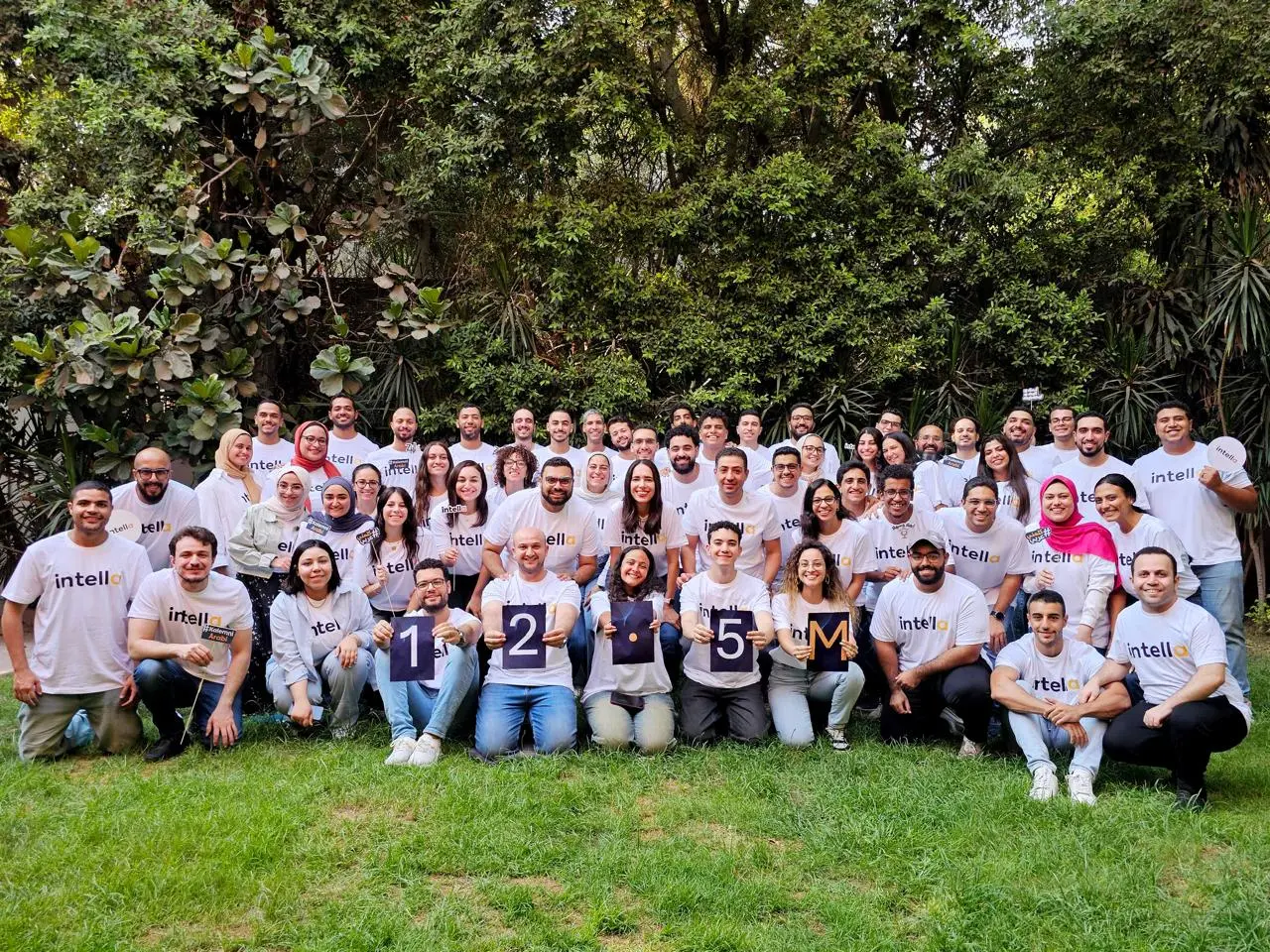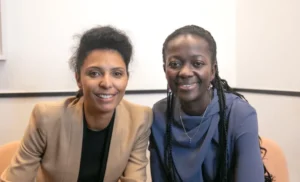
Sahel Capital Extends $590,000 Loan to Support Cashew and Cocoa Aggregator in Nigeria
Sahel Capital, a specialist investment manager in sub‑Saharan Africa’s food and agriculture sectors, recently provided a loan of $590,000 to Rasad Nigeria through its Social Enterprise Fund for Agriculture in Africa (SEFAA).



